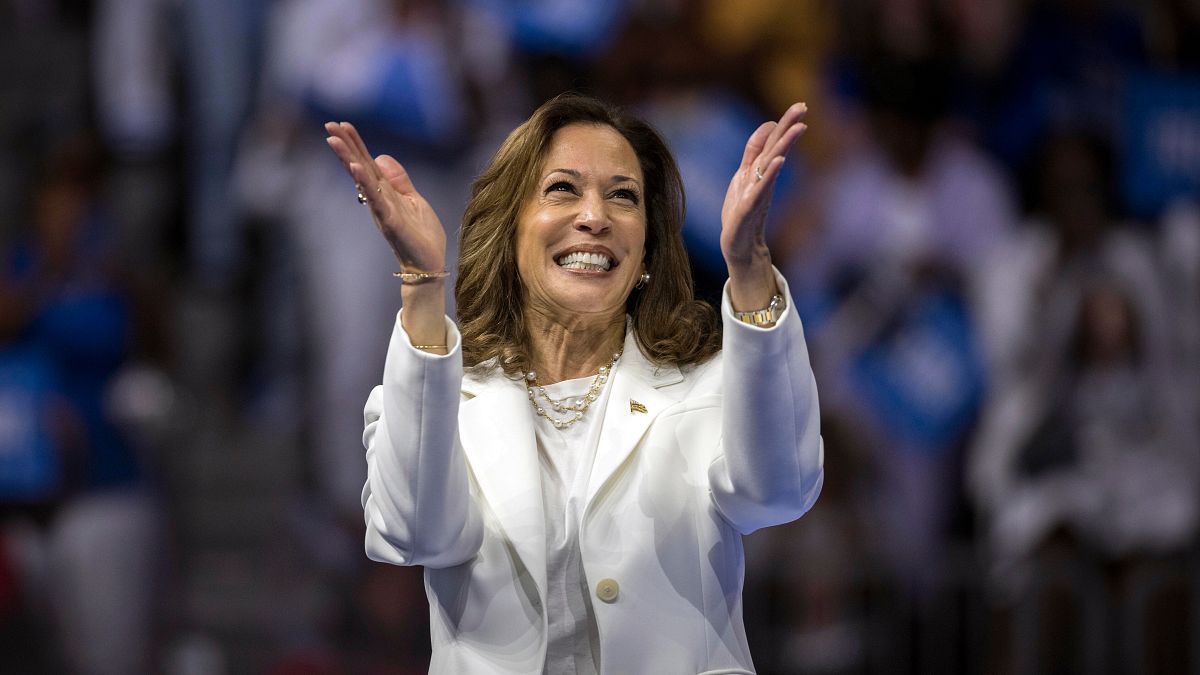Vice President Kamala Harris recently gave her first televised interview since her nomination as the US Democratic presidential candidate, addressing various issues where she has faced criticism. In the interview with CNN’s Dana Bash, Harris defended her decision to shift away from some of her more liberal positions and expressed openness to appointing a Republican to her cabinet. She also declined to engage with Donald Trump’s attacks on her racial identity. The discussion also highlighted Harris’s focus on policy issues and her desire to create an “opportunity economy” as part of her appeal to the middle class.
During the interview, Harris confirmed that she does not want to ban fracking, an issue that is important to the economy of Pennsylvania, a significant swing state. She also emphasized the need for consequences for people who cross the US border without permission, citing a bipartisan bill that was blocked by Trump for political reasons. Harris’s proposals include measures to bring down the cost of everyday goods, invest in small businesses and families, and address issues like affordable housing and a child tax credit, which have been blocked by Republicans in the Senate.
Harris’s interview with Bash also touched on the criticism she has faced for not giving an in-depth interview sooner. Despite campaigning in swing states and appearing at the Democratic National Convention, Harris had not participated in a televised interview until now. She addressed this criticism by emphasizing that her values have not changed and that she believes in building consensus to solve problems. Harris also responded to Trump’s attacks on her racial identity, dismissing them as part of the “same old tired playbook.”
Throughout the interview, Harris sought to demonstrate that she had adopted more moderate positions on various issues, countering accusations from Republicans that she was radical or extreme. She highlighted her commitment to diversity of opinion and the importance of having different perspectives at the table when making important decisions. Harris’s willingness to appoint a Republican to her cabinet aligns with her belief in the value of diverse experiences and views. This approach has garnered support from some Republicans who believe that defeating Trump is a moral obligation.
The interview with Bash provided voters with a deeper insight into Harris’s policy positions and priorities as a candidate for the presidency. By addressing key issues such as fracking, border security, and economic opportunities for the middle class, Harris positioned herself as a candidate focused on addressing the concerns of everyday Americans. Her discussion of bipartisan efforts and values-based decision-making aimed to appeal to a broader audience and showcase her ability to lead with integrity and inclusivity. Overall, Harris’s interview served to solidify her position as a serious contender for the presidency and highlighted her vision for a more unified and prosperous America.











